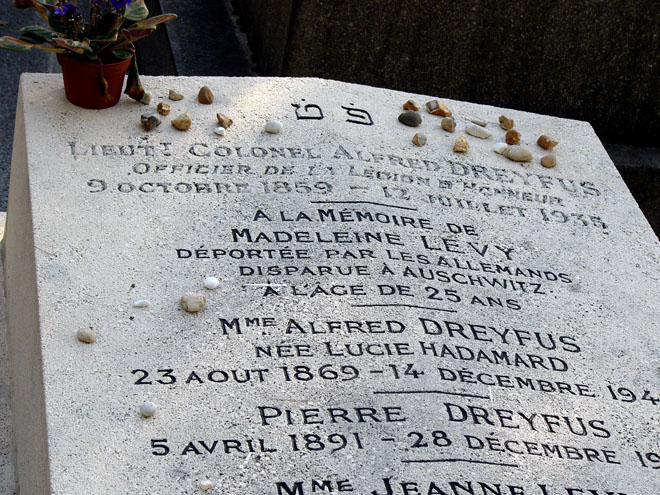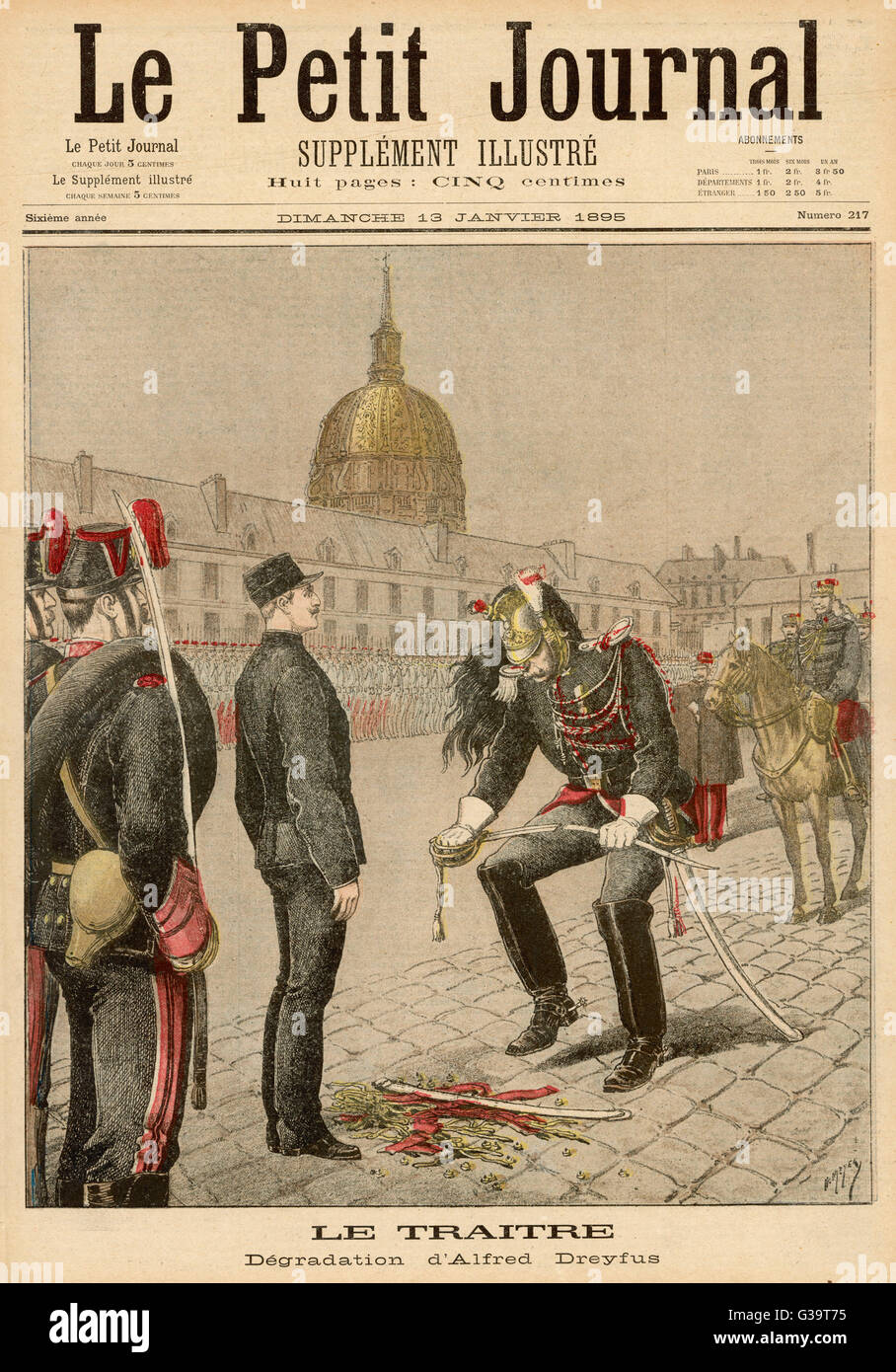

The Paris Commune in 1871 had permanently deepened political fissures and increased moral fears in France. The answer also lies in the political culture within which she came of age in the 1880s and 1890s: the legacy of the Paris Commune and the tumultuous events of the Dreyfus Affair. Why and how did this occur? Part of the answer lies in her innate attraction to theater and performance, and even her religious devotion itself. Although she was raised as a devout Catholic, she nonetheless became one of the most radical feminists France had ever known. Roussel was born into a proper bourgeois family that was, for the most part, on the right-wing side of the great divide in French political culture. The admonitions that Roussel meticulously penned on the inside cover of her grade-school notebook, capture what so many adults felt on behalf of girls. Bourgeois families on both sides of the great political divide felt insecure about their tumultuous world, one that, particularly from a Catholic viewpoint, was fraught with danger for young girls. On the other stood moral conservatives who embraced traditional hierarchies, ardently supported the Church in public as well as private life, and opposed secular republicanism. On one side stood republicans who welcomed the new possibilities offered by science and modernization, embraced egalitarianism in civic life, in principle, if not in the practice, and viewed the Catholic Church as their enemy. Nelly Roussel was born on January 5, 1878, into a France that was sharply polarized between the heirs of the Revolution of 1789 and those of the counterrevolution.

Nelly Roussel, grade-school notebook, c. N’écoutez pas, ne dites rien, Baissez les yeux, vous serez bien Thus, in whatever circumstances you find yourselves, Mademoiselles, General Rule Everywhere and always, a young girl must seek to attain this purpose: to conserve and safeguard her modesty, her sincerity, and her innocence.


 0 kommentar(er)
0 kommentar(er)
